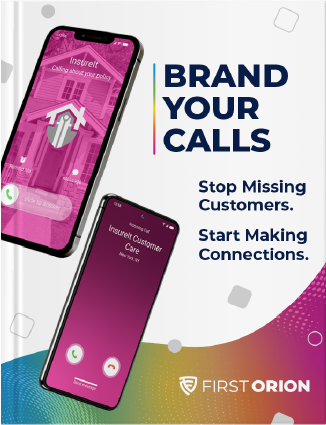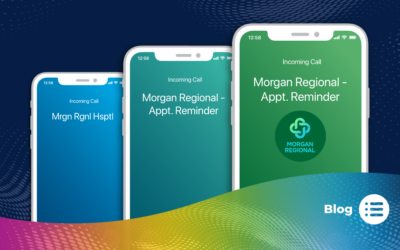You don’t have to be the tech-savvy person in your circle to warn friends and family about tech scams. Those who are less than technically inclined are the most vulnerable to these types of scams, which get people to pay for fake computer help or steal their personal info. If your loved ones are susceptible to believe their privacy is under attack, sharing this blog could be the first defense against slimy scammers.

We’ve covered the signs of a tech support scam, but here’s a quick refresher.
- Microsoft doesn’t just call out of the blue. They’ve got a lot of computers out in the world, and there’s no way they’re monitoring every single one of them for problems. If you’ve got computer problems, YOU have to make the first move. They’ll never call and ask for access to your computer. If you get that call – it’s a scam.
- Real companies will never ask for your passwords. They have technology in place that lets them verify your identity without too much sensitive information. You know who does ask for passwords? Scammers. If you’ve given a password away on the phone, it’s time to change it. If that same password accesses multiple accounts, it’s time to change ALL of them.
- How do scammers get people to give up the information, anyway? Well, they make their operation seem as legitimate as possible. They’ll lie about a problem on your computer and pretend to know how to fix it. They’ve got a whole routine, too. They’ll ask you to open perfectly harmless files on your computer, hidden in the depths of the operating system, that just look suspicious to make you paranoid.
- If a call seems fishy, hang up. Call the person who shared this post with you and ask if it sounds legit to them.
If you or someone you know has already been scammed, here’s how to help them through it:
- If you paid for anything or gave up your credit card information, call your bank or credit card company immediately and tell them what happened. They’ll be able to monitor your account for fraud and send you a card with a completely different number.
- If you paid with a gift card, contact the gift card company (iTunes, Amazon, etc) as soon as possible to see if funds are still on the card and can be frozen. It’s a long shot, but could save you from losing the cash you’ve already ponied up.
- Did you give a scammer access to your computer through logins, or did they use remote software to control it? Tech support scammers like to install malware in those situations, which can include viruses, spyware, and other unwanted software. They can even track your keystrokes, making new passwords and new card numbers effectively useless. Update your computer’s security software, scan your computer and delete any and all problems. Make sure you restart to put the changes in effect, too. If you don’t already keep your security system up-to-date, now’s a great time to turn on automatic updates. If you’re still worried, back up your important files, wipe the machine, and start over.
- If you gave a scammer your password for any financial accounts or shopping websites, change it immediately. You might also want to contact customer support to flag your account for possible fraud so they can monitor it.
Tech support scams are scary because they tap into something that many people don’t understand, but use every day. By exercising diligence and taking time to evaluate the situation instead of panicking, you can avoid opening the virtual door to unwanted scam. Report all shady experiences to the FTC at ftc.gov/complaint. Reporting scams helps law enforcement go after the bad guys, and helps us add those unwanted numbers to our block lists.




